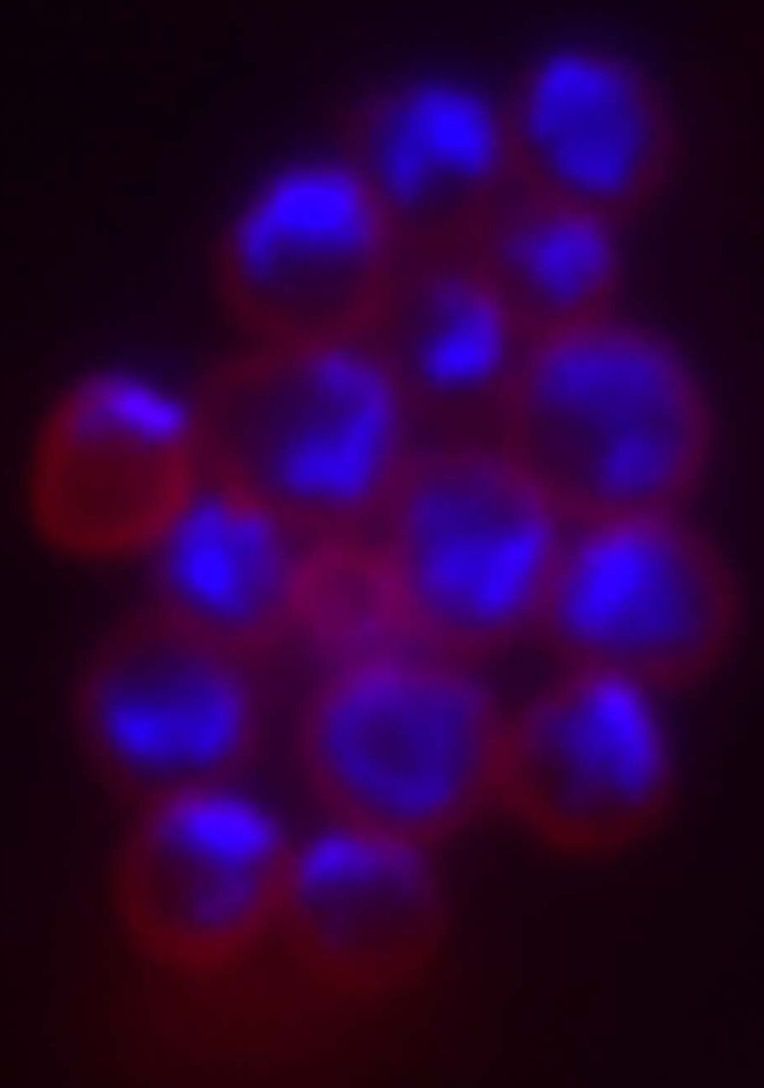A study led by researchers at Indiana University is the first to find similarities between the organization of chromosomes in humans and archaea. The discovery could support the use of archaea in research to understand human diseases related to errors in cellular gene expression, such as cancer.
The lead author on the study is Stephen Bell, a professor of biology and chair of the Department of Molecular and Cellular Biochemistry in the College of Arts and Sciences at IU Bloomington. The study will publish Sept. 19 in the journal Cell.
The similar clustering of DNA in humans and archaeal chromosomes is significant because certain genes activate or deactivate based upon how they’re folded.
